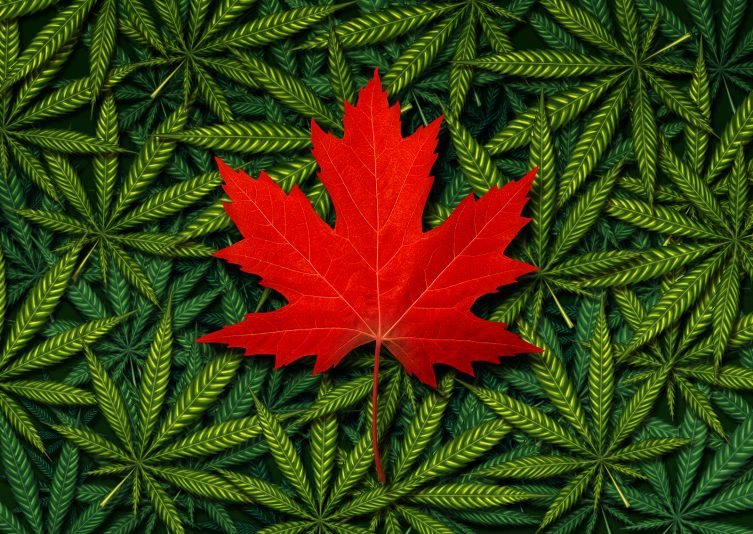You are here
Home 🌿 Medical Cannabis News 🌿 Ontario marks first PTSD Awareness Day: Is cannabis a viable treatment? 🌿Ontario marks first PTSD Awareness Day: Is cannabis a viable treatment?

June 27 marks the first-ever Post-traumatic stress disorder Awareness Day in the province of Ontario.
Post-traumatic stress disorder (PTSD) is a mental health condition that is catalyzed by a traumatic occurrence an individual has witnessed or experienced. The memories or impressions of these events can have a serious and long-lasting impact on an individual’s life.
Symptoms of PTSD vary from person to person, but can include recurring nightmares, avoiding loved ones, insomnia, loss of interest in enjoyable activities, mood swings, hyper vigilance, re-occurring memories that cause an individual to re-live trauma, difficulty concentrating, suicidal ideation, constant anxiety, and numerous others.
But can cannabis help?
While there is plenty of anecdotal evidence that cannabinoids can be helpful in the treatment of PTSD symptoms, the data is mixed and more research is needed.
A 2018 review of studies that examined cannabis for the treatment of PTSD in veterans, for example, found that three of the five trials reviewed suggested there “might be a benefit” to treating symptoms with cannabis, whereas the other two discouraged use completely.
Although the medical community’s response to cannabis and PTSD is also wildly subjective, many physicians seem to be open to the drug’s potential as a treatment:
- veterans in cannabis-conservative Australia may now be prescribed cannabis oil by their general practitioner;
- U.S. Food and Drug Administration recently approved its first study of PTSD in veterans and cannabis, despite the drug being prohibited under federal law;
- states such as Connecticut, Arizona and Colorado approve PTSD as a qualifying illness to participate in medical marijuana programs; and the results of a decade-long study will be released later this year.
Toronto’s Centre for Addiction and Mental Health (CAMH) suggests that those seeking treatment for PTSD visit a family doctor, counsellor or therapist, community mental health agency or community health centre.
“Our government is committed to helping people coping with post-traumatic stress disorder because we understand that mental health is health. This is why we are making historic investments in mental health and addictions to help Ontarians get access to the services they need, when and where they need them,” Ontario Health Minister Christine Elliott said in a news release.
What is #cannabis? check out our health information page to get the basic details before it becomes legalized tomorrow. https://t.co/ST03lSBTVl #CannabisAware
— CAMH (@CAMHnews) October 16, 2018
Other resources related to PTSD include the PTSD Association of Canada, First Responders First, and the Canadian Mental Health Association.
420 Intel is Your Source for Marijuana News
420 Intel Canada is your leading news source for the Canadian cannabis industry. Get the latest updates on Canadian cannabis stocks and developments on how Canada continues to be a major player in the worldwide recreational and medical cannabis industry.
420 Intel Canada is the Canadian Industry news outlet that will keep you updated on how these Canadian developments in recreational and medical marijuana will impact the country and the world. Our commitment is to bring you the most important cannabis news stories from across Canada every day of the week.
Marijuana industry news is a constant endeavor with new developments each day. For marijuana news across the True North, 420 Intel Canada promises to bring you quality, Canadian, cannabis industry news.
You can get 420 Intel news delivered directly to your inbox by signing up for our daily marijuana news, ensuring you’re always kept up to date on the ever-changing cannabis industry. To stay even better informed about marijuana legalization news follow us on Twitter, Facebook and LinkedIn.




